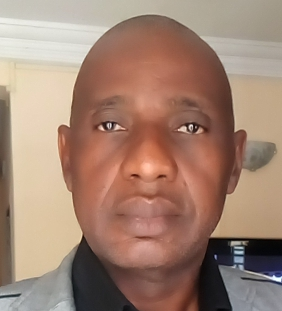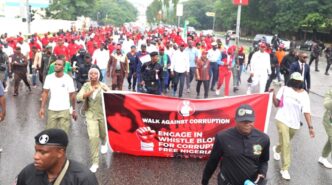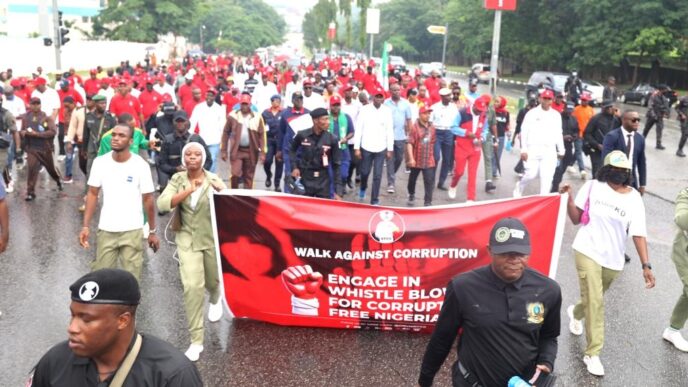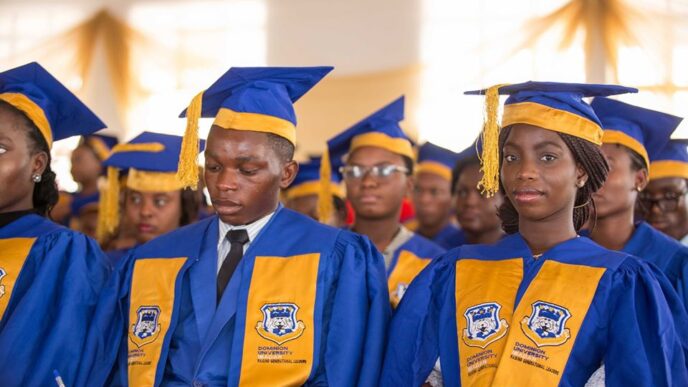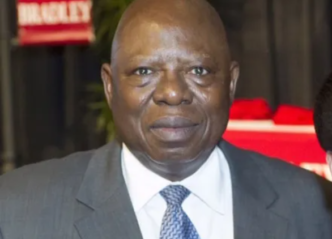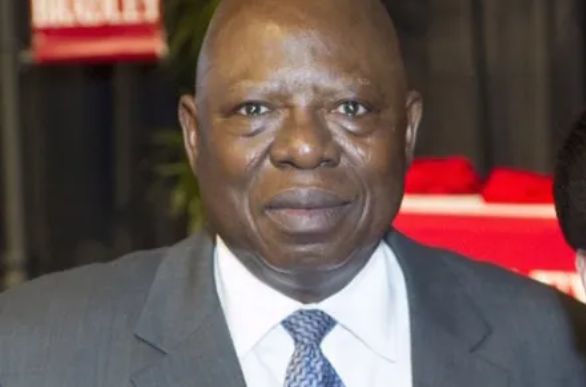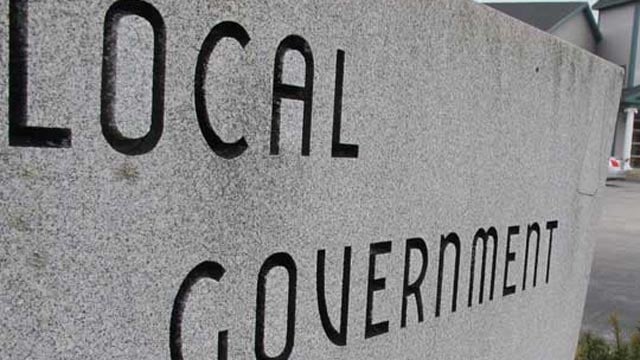Nigeria is held down by economic losses and threats to lives due to the perennial insufficiency in public power supply. According to a report, “what Nigerians spend on self-generation of power – on fuelling and servicing their generators – is N16.5 trillion” yearly. Imagine the economic outcomes of investing this sum elsewhere. Yet, the federal government is seemingly indifferent.
Though there have been successive attempts the power sector is still yearning for robust interventions.
The latest was the privatization of the generation and distribution segments of the electricity value chain with Nigeria retaining the transmission component. It was designed to last for 10 years, from 2013 to 2023, for possible renewal.
Presently, the 10th Senate is investigating several messy deals perpetrated in the last administration which cumulatively heightened the debt profile of the country.
Advertisement
One of them is the Make-Up Gas (MUG) transaction involving the Niger Delta Power Holding Company Limited and the Calabar Generation Company Limited.
Nigeria recorded a scandalous loss in this project.
Going by the preliminary outcomes, Nigeria cannot attain availability and affordability of electricity except decisive actions are urgently taken.
Advertisement
Establishing the overall ineligibility of NDPHC, the panel, through its vice chairman, Senator Lola Ashiru, retorted that “looking at all these things, there is issue of capacity to enter into contract. When there is no capacity to enter into contract, what it means is that the existence of your business is in doubt. The only way we can get out of this is a total renegotiation and when you are doing total renegotiation, you must be sure of your own capacity to do business. If you are not sure of it, we will just be going round and going deeper into debt”.
The committee further lamented that “now we are talking of our own GenCos and every day of our lives we are going deeper and deeper into debts. I don’t know what we should do at this stage, but I think it is important for you to carefully restructure your business, to carefully restructure yourself and repackage all these indices into a new contract renegotiation”.
This is just a reinforcement to the persistent outcries that the licensed operators lacked the integrity, competence and capacity to discharge their obligations.
But sadly, political expediency and sundry narrow interests would not allow for necessary actions.
Advertisement
According to Senator Ahmad Lawan, sitting then as the president of the Senate, “the federal government in recent years has invested billions of dollars in this sector, most of which money appear to have gone down the drain as the problems of inadequate power supply continue to plague Nigeria. Even the subsequent privatisation of the sector has had no visible impact. In fact, many Nigerians believe that we allowed ourselves to be further defrauded through the privatisation of the sector”.
Continuing, “the truth is that we all know what is wrong. What we really need to do is to have the political will to take on the challenges generally. From the electricity power reform of 2005 to the privatisation of GenCos and DisCos and to what is happening today, we know that everything is a fraud”.
Fraud?
He therefore warned that “if we play the ostrich, in the next 10 years we will be talking about the same things. I think the time has come for us to have courage”.
Advertisement
Elsewhere, he stressed that “the distribution companies have no capacity to supply us power. We shouldn’t continue to give them money. They are private businesses. We need to review this whole thing”.
Note: “We shouldn’t continue to give them money”. Also, this was a verdict by the head of a crucial arm of the federal government which was unchallenged, even to date.
Advertisement
So, what happened afterwards, one may rightly ask?
Lawan’s 9th Senate investigated “all federal government interventions in the power sector since the privatisation of the sector with a view to ascertaining the adequacy of such interventions and their desired impact”.
Advertisement
But while Nigerians were feeling upbeat, the Senate handed down two directives.
The first was for “the Ministry of Finance to include the Nigerian Electric Power Sector in the disbursement of the proposed N500bn COVID-19 Crisis Intervention Fund in order to ameliorate the financial hazards and operational challenges” while the other was for the Central Bank of Nigeria “to allow operators in the power sector access to foreign exchange for procurement and materials”.
Advertisement
Nigerians were taken aback at this display of inconsistency. Rather than dealing with the identified “fraud” the government kept empowering these private investors in their desperation to milk the already ailing economy, in addition to subsidy payments.
How time flies!
Exactly four years after Lawan’s outburst there was yet another subtle threat of imminent calamity in a 10-year interval. The minister of power, Adebayo Adelabu, stunned Nigerians with the revelation that “for this sector to be revived, the government needs to spend nothing less than $10 BILLION ANNUALLY IN THE NEXT 10 YEARS”.
He had earlier justified the outrageous electricity tariff increase with the claim that the federal government owed N3 trillion to the operators in addition to about N1.5 trillion for the 2024 subsidy.
For the record, the 10th Senate twice opposed the hike without success because with the weak constitution, the legislature has its say but the executive has its way.
Meanwhile, the privatisation terms provided that Nigeria would generate 40,000 megawatts by 2020. Yet, 10 years later, it remains a herculean task exceeding 3500 despite all the successive noises about economic prosperity.
Just recently, Aliko Dangote reminded us that “nobody can create jobs with an interest rate of 30 per cent. No growth will happen. NO POWER, NO PROSPERITY. No affordable financing, no growth, no development”.
But the craving for political correctness would still not allow for the acknowledgement that the inefficiency of the regulator, the Nigerian Electricity Regulatory Commission, NERC, catalysed the “fraud” in the first place.
Realizing that the operators lacked the financial capacity and convictions to invest, but were only out to make profits, a patriotic regulator would have saved Nigeria the harrowing experience.
Bola Tinubu is the third president in the lifespan of the ill-fated privatization. His first five months in office were coincidentally the last five months of the deal.
He admitted that “10 years on, I believe it is fair to say that the objectives of the sector privatisation have by and large, not been met”.
But moving forward, “the poor performance must not continue to drag the sector down. All licensees must not only have the technical capacity to deliver on their license but must also have the financial muscles to invest to improve their operations”.
Supporting Mr President, the power minister emphasized that “10 years down the line the licenses are expiring, and it is high time for renewal. Renewal is not automatic. Any of the privatized companies that have not lived up to expectations will not have the license renewed. We have to consider whether you have complied with the terms and conditions of the licence you were given. We will look at the technical capacity of the GenCos and the DisCos. We will look at the financial credibility”.
What a reassuring presentation!
But right away, both Tinubu and his minister were mercilessly punctured with the revelation that the failed operators’ licences had since been renewed.
According to NERC, “it has been rumoured that the licenses of the DisCos will expire this year, but the truth is that the DisCos were given a 10-year license, but AS THEY TOOK OVER, the commission extended their license by five years. So, the DisCos have 15 years license. So, their license will expire five years from now which is 2028”.
This is enough proof that somebody is not actually in charge!
Who says that Adams Oshiomhole was not right in his assertion that the people driving governance are the ones sabotaging the economy?
However, Tinubu has fairly demonstrated a sense of commitment.
Within his first week in office, he exhumed and signed into law, the Electricity Bill that was passed by the 9th Assembly but was not processed. Ideally, this legislation holds a great future for the power sector, especially in the areas of empowering the states and other independent entities to produce electricity as well as the vast opportunities in the Green Economy. Again, he approved the settlement of the debts owed to the operators and exempted them from paying “withholding taxes” and also, removed the electricity subsidy, albeit, ill-timed.
Then, he created the Presidential Economic Coordination Council to among other targets, achieve “energy security”.
But respectfully, Mr President, there are already, sufficient policies. Implementation is the issue. You can only extract views from critical stakeholders to enrich the existing frameworks for purposeful implementations. Rather than billions of naira, it is better to inject discipline and efficiency in the power sector, primarily, to diminish the ‘saboteurs’. Nigerians are eager to know what informed the questionable renewal of the operators’ licences.
To fully unleash the inherent potentials of the Electricity Act, the headship of the MDAs should be about competency and capacity rather than political patronage. The minister should embody the policy direction, key performance indicators and operational framework for productivity.
Finally, Your Excellency, please, further demonstrate that yours is a forward-thinking government. Restore and renew citizens’ hopes with available, accessible and affordable electricity towards revamping the economy. It is only in this that Nigerians can believe that truly, the era of playing politics with the power sector is now buried with a genuine commitment.
Egbo is a parliamentary affairs analyst.
Views expressed by contributors are strictly personal and not of TheCable.
Add a comment
